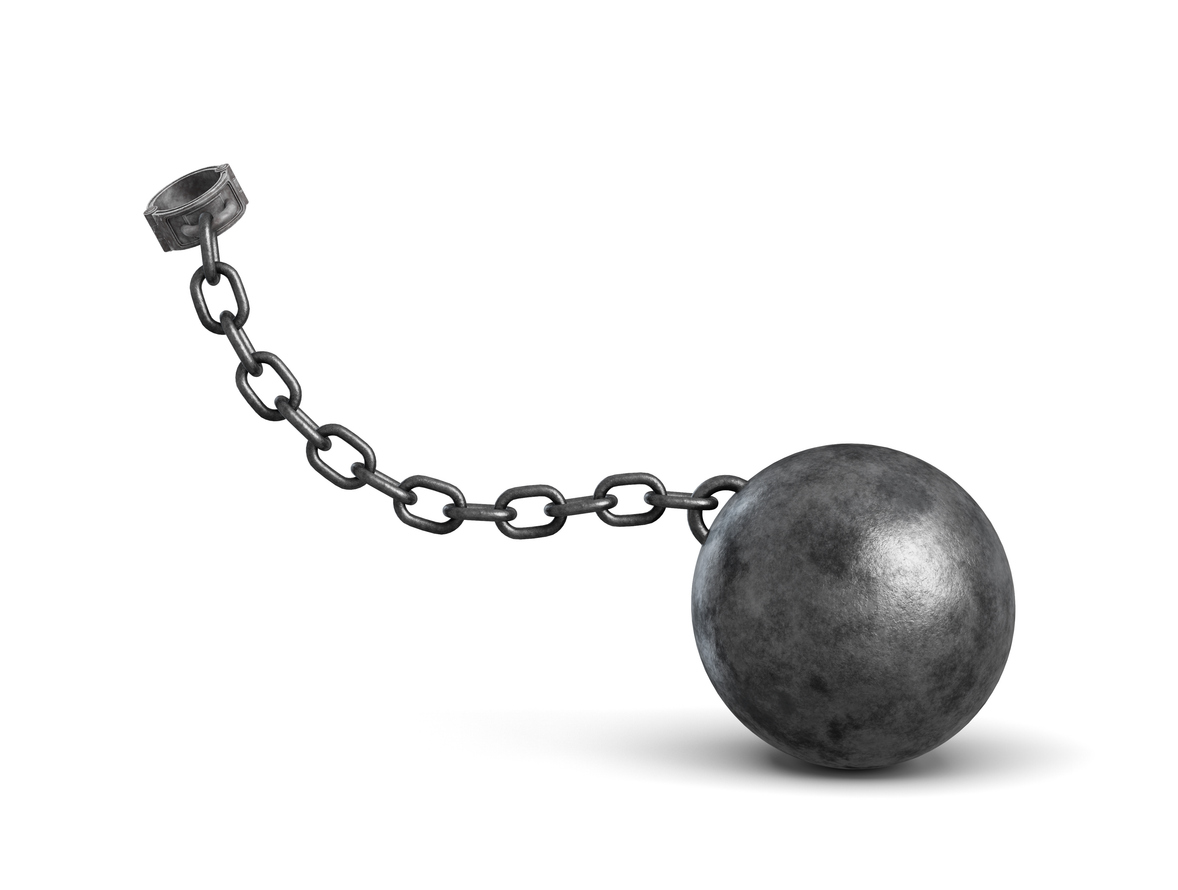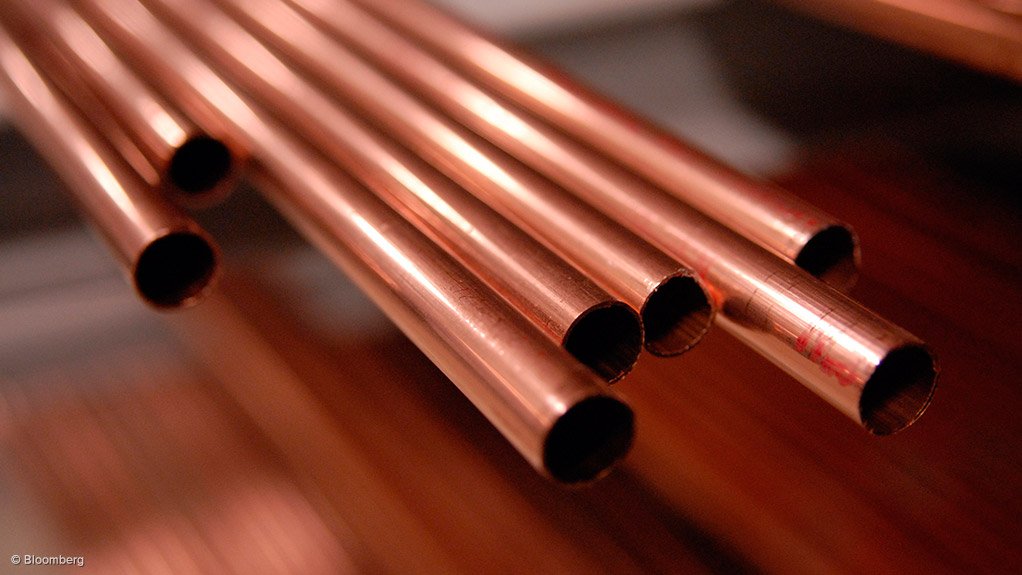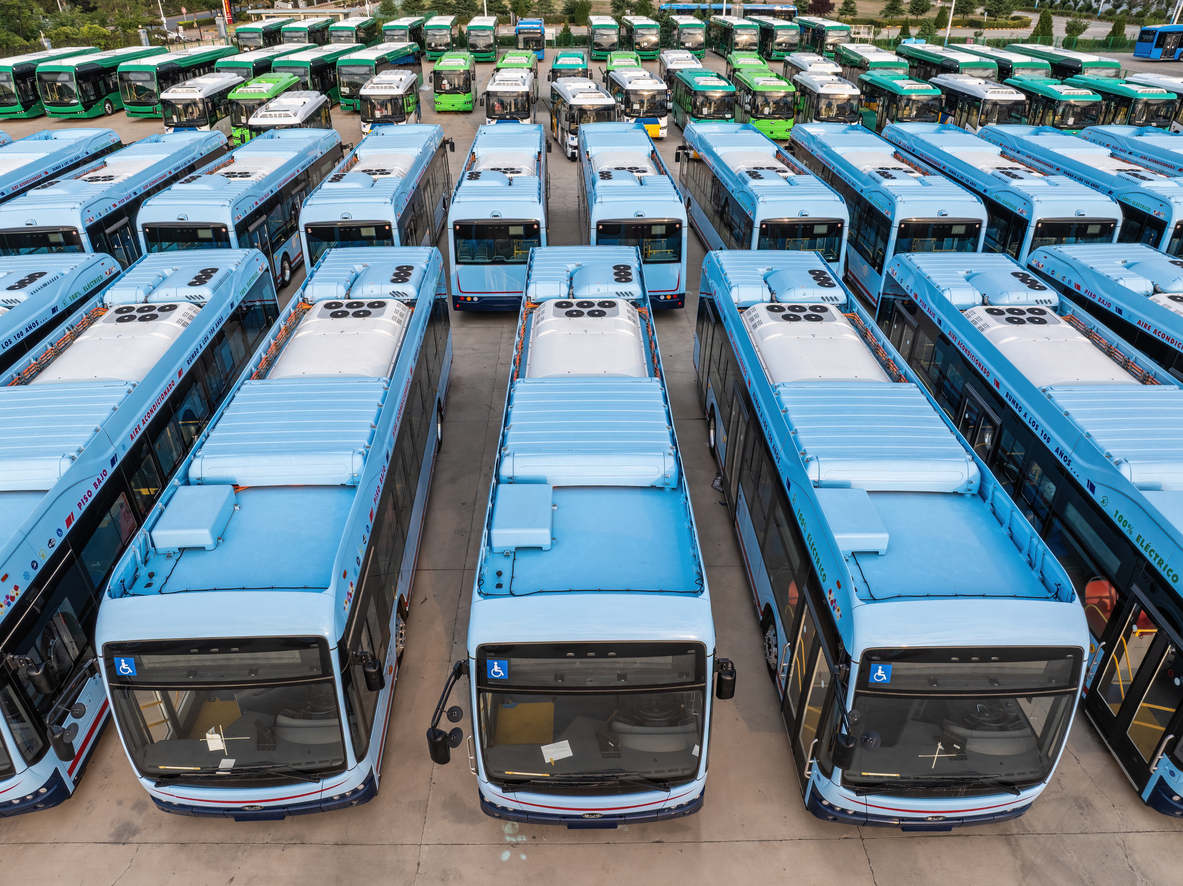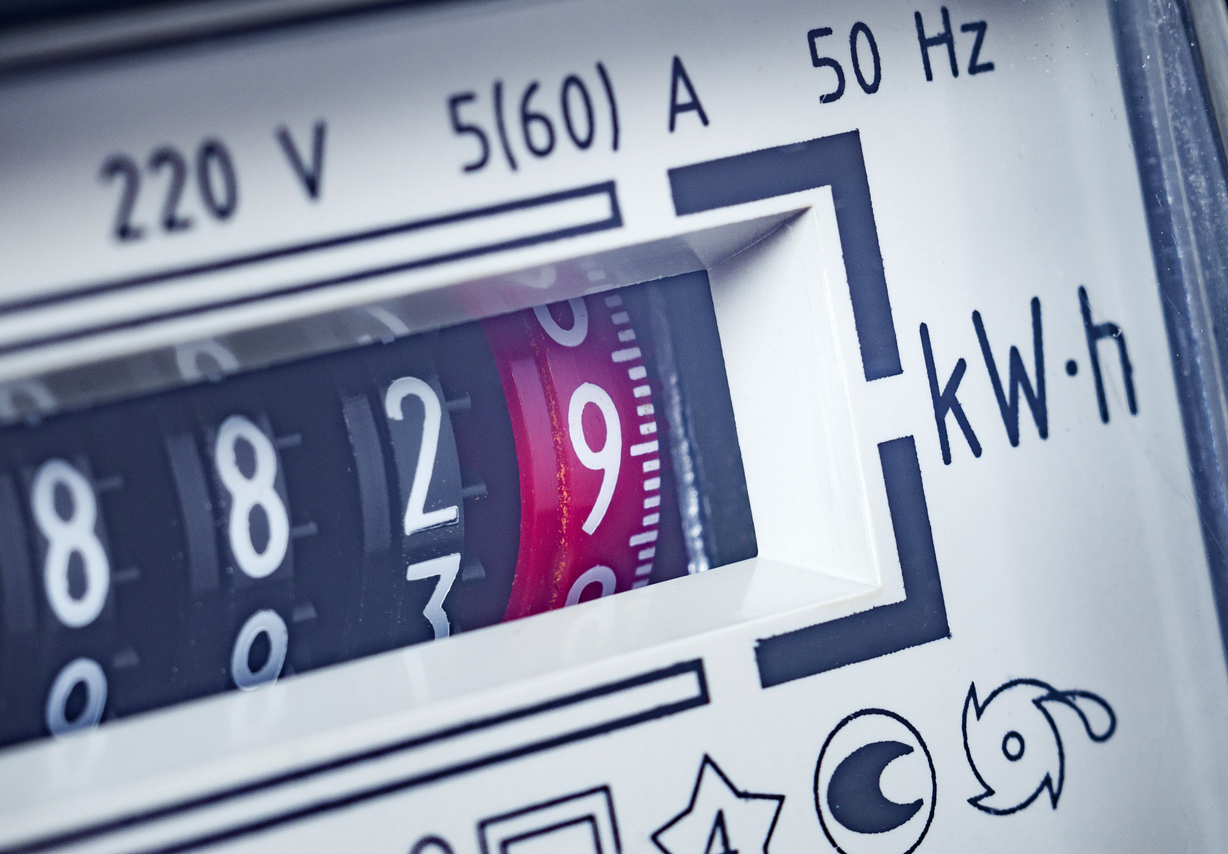An Overview of Solar Inverters in Nigeria: Prices, Brands and Where to Buy
An Overview of Solar Inverters in Nigeria: Prices, Brands and Where to Buy
Solar inverters are becoming increasingly popular in Nigeria as more people become aware of the environmental and economic benefits of solar power. Solar inverters are a key component of any solar system and play an important role in converting solar energy into usable electricity for household appliances. For those interested in installing a solar system, it is important to understand the different types of solar inverters available, the various brands and prices, and where to buy them. This article will provide an overview of solar inverters in Nigeria, including prices, brands and where to buy. It will also discuss the advantages of using solar inverters, and provide tips on how to choose the right one for your needs. With this information, you will be able to make an informed decision when choosing a solar inverter for your home or business.
What are Solar Inverters?
Solar inverters are devices that convert sunlight into electricity to power your home or business. They are an important component of any solar system, and come in various types, sizes and prices. There are a number of advantages to using solar inverters, including reduced installation and maintenance costs, reduced transmission losses and the ability to generate electricity even during cloudy weather. Solar inverters also come with a number of safety features, including overload protection and low-voltage disconnects. Solar inverters do not produce direct current (DC), like the majority of solar panels, but rather alternating current (AC), which is the type of electricity used in homes and businesses around the world. This means that solar inverters are connected to the grid and function as a hybrid system, generating electricity from the sun and from AC current from the grid. This allows solar inverters to supply the home or business with electricity during periods of low or no sunlight.
Benefits of Solar Inverters
Although solar inverters are a key component of any solar system, they are often overlooked in favour of solar panels. However, solar inverters play an important role in providing a reliable source of clean energy. They offer a number of benefits including reduced installation and maintenance costs, reduced transmission losses and the ability to generate electricity even during cloudy weather. Solar inverters also come with a number of safety features including overload protection and low-voltage disconnects. When compared to other forms of renewable energy, solar inverters are one of the most cost-effective and reliable options. They offer an inexpensive source of clean energy for homes and businesses, and are available in a range of sizes to suit all needs. Solar inverters are durable and reliable, and provide a consistent source of solar energy.
Types of Solar Inverters
There are two types of solar inverters available: string and central. String inverters are small units that are connected in series with one another, and with solar panels. Central inverters, on the other hand, are larger and more powerful, and are capable of handling more solar panels. This means that central inverters are capable of generating more electricity, but are also more expensive. Central inverters are generally used in commercial setups, while string inverters are commonly used in residential solar systems. When choosing a solar inverter, it is important to consider a number of factors, including voltage, watts and system size.
Popular Brands of Solar Inverters in Nigeria
There are a number of brands of solar inverters available in the Nigerian market. Popular brands include SMA, SolarEdge, Solar Frontier, Fronius, Enphase, Solarhybrid and others. Aside from the above brands, you may also come across other brands such as ABB, Delta, Exeltec, Powervolt, TME, and VT Surya. When choosing a solar inverter, it is important to consider a number of factors, including voltage, watts and system size. You also want to make sure it has all the necessary safety features and comes from a reputable brand.
Prices of Solar Inverters in Nigeria
Depending on the brand, size and type of solar inverter, prices in Nigeria start at approximately N70,000 and go up to N360,000. It is important to remember that solar inverters are an important component of any solar system, and you should not scrimp on quality when choosing one for your home or business. A cheap but poor-quality inverter may end up costing you more money in the long run, as it is likely to break down sooner. When choosing a solar inverter, it is important to consider a number of factors, including voltage, watts and system size. You also want to make sure it has all the necessary safety features and comes from a reputable brand. Cheap inverters are often poor-quality and are not worth the money.
Where to Buy Solar Inverters in Nigeria
If you are in the process of installing a solar system at home or in your business, you may be wondering where to buy solar inverters in Nigeria. Solar inverters are available in a number of online and offline stores around the country. When choosing a solar inverter, it is important to consider a number of factors, including voltage, watts and system size. You also want to make sure it has all the necessary safety features and comes from a reputable brand. Online stores such as Jumia, Konga and Amazon, as well as physical stores in Nigeria, sell solar inverters. You can also find solar inverters on websites such as Solarplaza, Photon and SolarGis.
How to Choose the Right Solar Inverter
When choosing a solar inverter for your home or business, it is important to consider a number of factors. You want to make sure it has all the necessary safety features, comes from a reputable brand and is the right size for your needs. Voltage: The first thing to consider when choosing a solar inverter is voltage. All solar inverters operate with a certain voltage, and it is important to choose one that matches the voltage of your solar panels. For example, if your solar panels produce 12 volts, you want to choose an inverter that produces 12 volts as well. If your panels produce 24 volts, you would want to choose an inverter that also produces 24 volts. Watts: Another important factor to consider when choosing a solar inverter is the watts. The total watts should match the watts of your solar panels. Once you have the voltage and watts figured out, it will usually be easy to find the right solar inverter. System Size: The system size is the final thing to consider when choosing a solar inverter. This refers to the size of your solar system in kilowatts, or kVA. All solar inverters have a certain kVA rating, and you want to choose one that matches the kVA rating of your solar system. For example, if your solar system is 5 kVA, you want to choose an inverter that is also 5 kVA.
Tips for Installing Solar Inverters
When installing solar inverters, it is important to remember that they come with high voltages, and you should never attempt to repair or replace them yourself. Always hire a professional to install, repair and maintain your solar system to reduce the risk of injury and keep your home or business safe. When installing solar inverters, it is important to consider safety and aesthetic factors. You can choose to mount them on a wall or roof, or bury them underground. Solar inverters also come in a variety of colours, so you can also choose one that best matches the colour scheme of your home or business. When installing and using solar inverters, it is important to read the manufacturer’s instructions carefully. It is also important to keep your solar panels clean, as debris may reduce their efficiency. You can do this by regularly cleaning your solar panels with a soft brush and water.
Conclusion
Solar inverters are an important component of any solar system, and come in various types, sizes and prices. There are two types of solar inverters available: string and central. String inverters are small units that are connected in series with one another, and with solar panels. Central inverters, on the other hand, are larger and more powerful, and are capable of handling more solar panels. Choosing the right solar inverter is important, as they come with a number of advantages including reduced installation and maintenance costs, reduced transmission losses and the ability to generate electricity even during cloudy weather. Solar inverters also come with a number of safety features, including overload protection and low-voltage disconnects. When choosing a solar inverter, it is important to consider voltage, watts and system size. Solar inverters are an important component of any solar system








LEAVE A COMMENT
You must be logged in to post a comment.